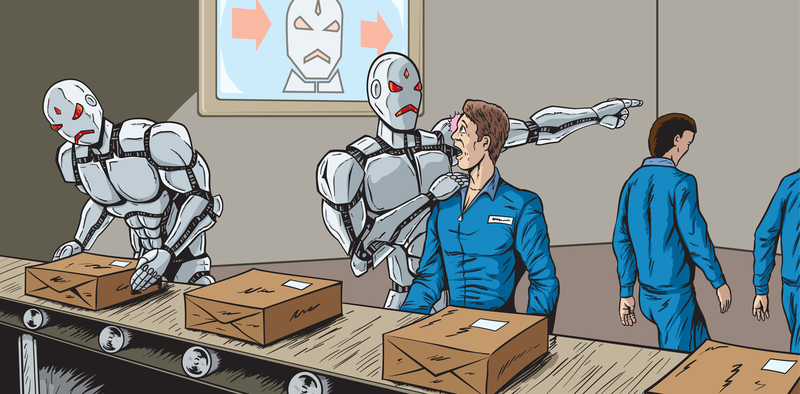Are Universal Basic Incomes Feasible in a Global Economy?
Universal Basic Income (UBI) has emerged as one of the most debated economic concepts of the 21st century. The idea is simple—provide every citizen with a regular, unconditional cash payment to cover basic living costs. While the concept has gained traction across political spectrums, from tech innovators to policy makers, its feasibility within a globalized economic system remains a complex question. Can nations truly afford such programs? How would UBI interact with labor markets, inflation, and international competitiveness? 
This article unpacks the economic, social, and political dimensions of UBI, exploring whether it can realistically function on a global scale.
The Economic Viability of Universal Basic Income
At the heart of the UBI debate lies the question of cost. Funding a nationwide UBI requires an immense allocation of public resources. Many skeptics argue that redistributing wealth on such a massive scale would either lead to unsustainable public debt or necessitate prohibitively high tax rates.
Taxation and Wealth Redistribution
UBI could be financed through progressive taxation, wealth taxes, or new forms of revenue like digital taxes or carbon pricing. Countries like Finland and Canada have tested pilot programs that suggest UBI can reduce poverty without drastically affecting employment rates. However, scaling these initiatives to a national or global level introduces logistical and economic challenges. Would wealthier nations need to adopt different models than developing economies? A uniform global UBI system seems improbable, but localized adaptations could make it feasible.
Inflation Concerns
One common critique of UBI is the potential for inflation. If every citizen receives a cash payment, increased demand for goods and services could outstrip supply, driving prices upward. This inflationary risk might erode the purchasing power of the UBI, reducing its effectiveness over time. However, studies indicate that inflation would likely remain modest if UBI payments replace, rather than supplement, existing welfare programs.
Labor Market Dynamics
Would people stop working if guaranteed a basic income? Evidence from pilot programs in countries like Kenya and the United States suggests otherwise. Many recipients continue to work, using UBI to invest in education, small businesses, or caregiving. This suggests that UBI could enhance productivity by providing a safety net, allowing individuals to pursue meaningful work rather than just survive paycheck to paycheck.
Social Implications and Public Perception
Beyond economic feasibility, the social implications of UBI are profound. Proponents argue that UBI promotes social equity by eliminating poverty and reducing inequality. Critics counter that it may create dependency or diminish the incentive to contribute to society.
Reducing Poverty and Inequality
UBI has the potential to eliminate extreme poverty by ensuring a baseline income for all citizens. This could narrow the wealth gap, fostering a more equitable society. Countries like Namibia and Brazil have conducted small-scale experiments that demonstrate UBI's potential to uplift marginalized communities.
Empowering Marginalized Groups
Women, minorities, and low-income individuals stand to benefit the most from UBI. By providing financial security, UBI empowers these groups to access education, healthcare, and job opportunities, thereby promoting broader social mobility.
Public Perception and Political Will
Despite its benefits, UBI faces significant political opposition. Skeptics worry about fostering laziness or dependency, while others question whether governments should prioritize UBI over other pressing issues like healthcare or infrastructure. Public perception often hinges on how UBI is framed whether as a welfare expansion or as a necessary adaptation to a rapidly evolving digital economy.
Global Perspectives and Implementation Models
UBI's feasibility varies across regions. Wealthier nations may find it easier to implement UBI, while developing countries could struggle with resource allocation. However, the diversity of UBI models reflects its adaptability.
Developed vs. Developing Nations
In developed nations, UBI could serve as a buffer against job displacement caused by automation and AI. In developing countries, it could act as a poverty alleviation tool, stimulating local economies by increasing purchasing power.
Pilot Programs and Lessons Learned
Countries like Finland, Kenya, and Canada have experimented with UBI pilot programs. These trials reveal valuable insights into the practical implementation of UBI, including its effects on mental health, productivity, and social cohesion.
International Collaboration
A global UBI system may be unrealistic, but international collaboration could lead to coordinated efforts that address poverty on a larger scale. Initiatives like the United Nations’ Sustainable Development Goals align closely with the principles of UBI, suggesting potential pathways for global cooperation.
The Future of UBI in a Globalized World
As the world grapples with economic uncertainty, automation, and inequality, UBI continues to resurface as a potential solution. While the challenges of implementing UBI on a global scale are significant, the evolving economic landscape may make such programs not only feasible but necessary. Governments must weigh the economic costs against the social benefits, recognizing that UBI could reshape societies in profound and lasting ways.
References
- World Economic Forum on UBI
- United Nations Sustainable Development Goals
- Basic Income Earth Network (BIEN)
- OECD Reports on Basic Income
- Finland’s UBI Experiment
- Canada's Basic Income Pilots
- Kenya UBI Trial by GiveDirectly
- Stanford Basic Income Lab
- Brookings Institution on UBI
- World Bank’s Perspective on UBI






































